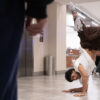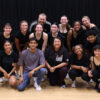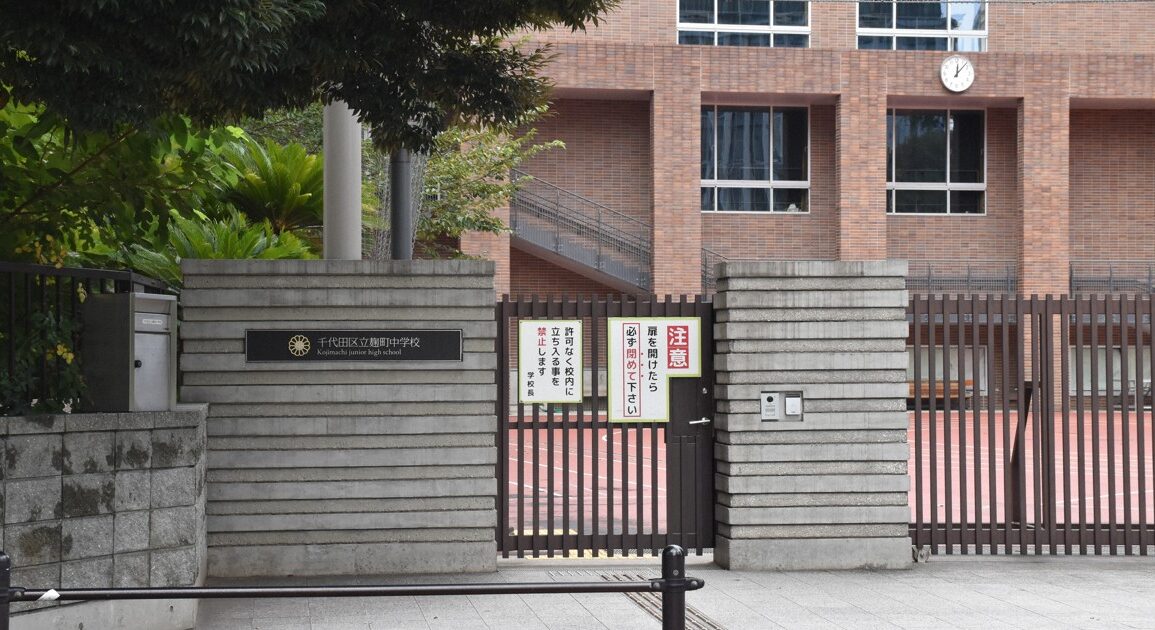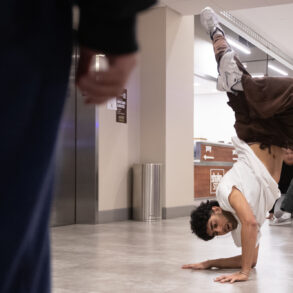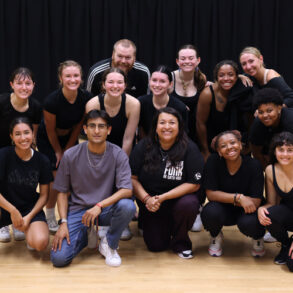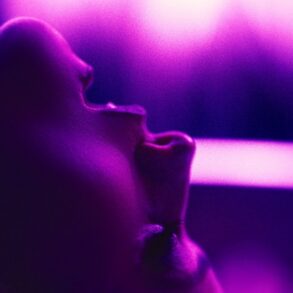TOKYO — A junior high school in Japan’s capital that made headlines for doing away with rules, regular tests and homeroom teachers is again in the spotlight — this time for imposing what was reported as a “no hip-hop” rule on its dance club.
At the Kojimachi Junior High School in Chiyoda Ward, the decision to change a policy for the dance team stirred a backlash within the school. But, what really happened at the campus that was famed for leading a revolution in school freedom?
According to parents of club members, around 20 students in the dance club had been training for a hip-hop performance at the school cultural festival held every fall. However, sometime in or after this March, school administrators let members know they would not perform at the festival this year and would instead work toward a sports club-like performance at the “creative dance” competition put on by the Nippon Junior High School Physical Culture Association.
According to a notice published in the name of Principal Tsutomu Horikoshi on the school’s website, a lack of supervisory staff and the wish to perform a group routine in which all members would play a main role were cited as reasons for the change. According to one or more parents, third-year students directly told the principal that they wanted to continue with hip-hop dancing.
It was reported at a subsequent parent-teacher meeting that a presentation would be held at the end of the first semester to give third-year students the opportunity to stage a leaving performance. Parents’ reactions were mixed, yet there were reportedly no chances for them to meet and discuss the issue together. Some parents submitted a letter to the ward’s board of education in late May, insisting that the school’s decision to deprive students of a chance to perform at its own festival and offer only participation in a competition violated the ward’s guidelines on club activities. The issue gained steam after this.
The controversy was subsequently taken up in the national Diet in late May with a statement that hip-hop had been “banned” at a junior high school, and experts and others raised critical voices on social media. However, the school and the education board pointed out that the facts differ, meaning there was no ban on hip-hop. One parent of a club member spoke up by saying, “Some of the discussions I had with the principal convinced me. A presentation was set up, and it was not a ‘ban.'”
Still aiming for a ‘free type of school’
What was at the root of the uproar? A total of 46 parents, some not parents of members of the dance club, signed the letter to the Chiyoda Ward Board of Education. One of them expressed the feeling that, “The principal does not listen to students and parents, and the free school spirit of Kojimachi Junior High is being lost.”
Between the academic years spanning 2014 to 2019, under then Principal Yuichi Kudo, reforms were advanced that included abolishing regular tests, homework and a system of set homeroom teachers. Prioritizing student autonomy and independence, attendance in regular clothes was also permitted. The rareness of these policies led to national media coverage, as well as a large number of transfer students from outside the school’s district lines. The total student body increased from 384 in academic 2018 to 570 in the 2021 school year, both measured on May 1.
Opposition to ‘rebuilding,’ student numbers drop
On one hand, some local residents said they felt the school’s direction had been threatening tradition. When he assumed the role of principal in academic 2023, Horikoshi proclaimed the “rebuilding” of the school.
According to sources such as materials distributed by the school and comments made by students and others, regular tests have gradually been reintroduced since academic 2023, and in the 2024 school year new students are required to wear standard uniforms, while upperclassmen must do the same at school functions. The change in direction for the dance club was also decided upon amid changes like these.
The number of enrolled students sharply fell in academic 2024 to 346, and opposition is growing among those who remain. Principal Horikoshi said on the school’s website that it will not accept media interviews over the conflict.
(Japanese original by Sahomi Nishimoto, Tokyo City News Department)
This post was originally published on this site be sure to check out more of their content.

